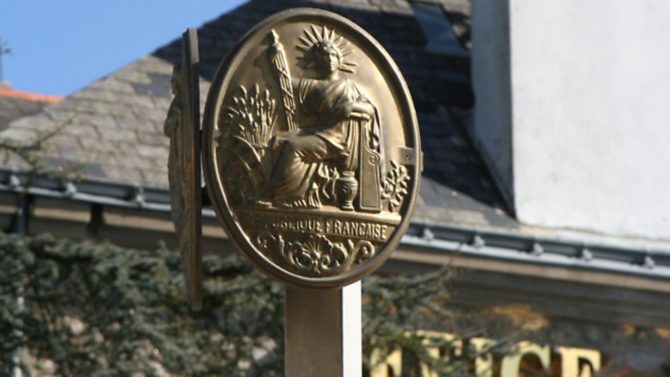Buying guide part 10: completion and the acte de vente


Karen Tait answers 9 key questions about the completion date and deed of sale of your French property
Having covered the various stages of the property transaction over the last eight months, including the inital property search, making an offer and signing the first sales contract, finally we reach that all-important date – completion. At last you will receive the keys to your French home. But before you start celebrating, what do you need to know about the actual completion date and the deed of sale, the acte de vente?
How long does it take to complete on a French property?
Although the time between signing the initial compromis de vente sales contract (which takes place after your offer is accepted) and the final acte de vente or acte authentique deed varies, in general it takes around three to four months. For new-build properties, it will be the time stated in the construction contract (contrat de réservation).
How is the completion date set?
An approximate date is included in the compromis but completion won’t actually take place until the notaire has finalised the searches or conveyancing procedure (covered last month).
Where does completion take place and who attends?
The acte de vente is prepared by the notaire and is signed at their office. In attendance will be the notaire, agent, buyer/s and seller/s. You can also take along your solicitor and/or a translator if you wish.
What if I can’t be there?
No problem – if you can’t attend, for whatever reason, you can appoint a power of attorney to sign for you. This could be a relative, a friend or the notaire’s clerk, for example.
Should I do anything to prepare?
It is advisable to check the property beforehand to ensure it is in a fit state, as the acte de vente will list the property as being ‘sold as seen on signing date’. The notaire can hold back part of the final sum to pay for any remedial work required.
What actually happens at the notaire’s office?
The notaire reads through the entire acte de vente, and will ask the buyer/s and seller/s to initial each page. The last page is signed along with the words bon pour accord or lu et apprové, showing that you understand and accept the terms of the document. The acte de vente contains much of the same content as the compromis de vente, but will be more detailed and will include information about mortgages, the diagnostique reports and the tax payable by the buyer/s and seller/s. At this point, the final balance (minus the deposit) is paid, along with notaire’s fees. The agency fees (normally 5-10% of the sale price) are also payable. The funds should have been transferred into the notaire’s account prior to the meeting. If they are not available on the day, the notaire will postpone the proceedings.
What do notaire’s fees include?
The notaire’s fees (frais de notaire) add up to around 7-10% of the sale price, however, they include the various taxes payable on the sale such as stamp duty (droits d’enregistrement) as well as the actual fees received by the notaire, which are only about 1%. The droits d’enregistrement were increased in 2014 and in most departments they are now 5.8%. In Paris and the few remaining departments they are 5.09%. The rate is lower when you buy a brand new property. When a notaire is also the selling agent, you will also pay émoluments de négociation (like agent’s fees) on top of the usual notaire’s fees.
Do I receive a deed of sale?
The notaire will give you an attestation de propriété, a certificate which shows that you are now the legal owner of the property. A certified copy of the deed of sale is sent to you about two to six months after completion. In the meantime the notaire will register the property at the land registry (cadastre), where the deed of sale is stamped. The original deed is kept at the notaire’s office for 100 years before being moved to the public archives.
Is there anything else I should know about completion?
Signing the acte de vente has traditionally been a rather formal event, with those attending dressing to mark the occasion. It is not uncommon for everyone to then celebrate the sale in a local bar.
Read our other buying guides on:
Viewing and negotiating Inheritance The cooling-off period Structural surveys Mortgages and currency contracts What and where: 6 things to consider 8 ways to find a property The role of the notaire The compromis de vente
Share to: Facebook Twitter LinkedIn Email


